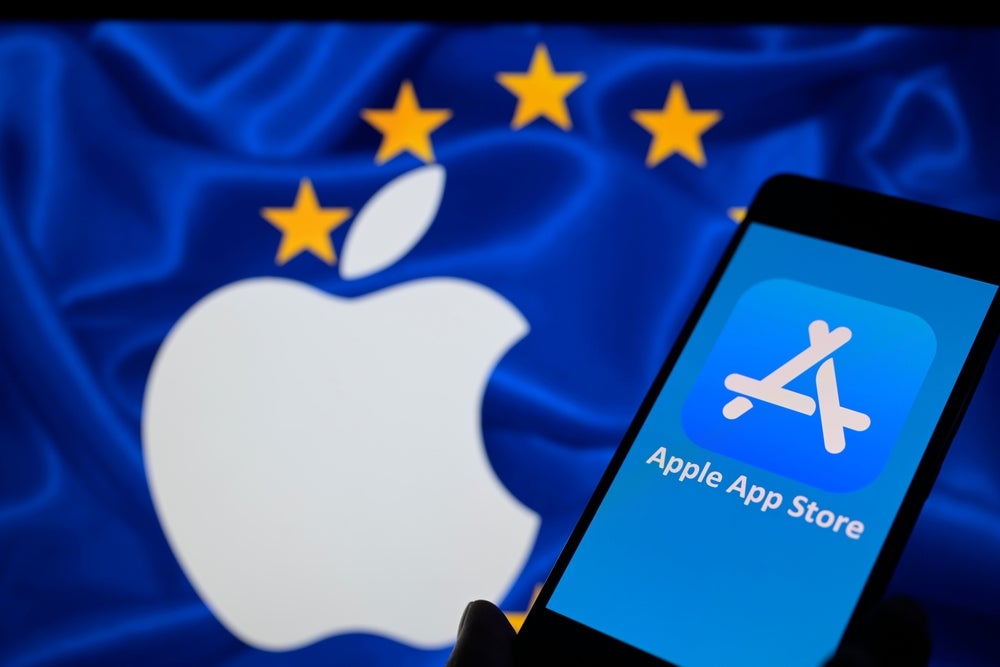
As Apple unveiled its latest iPhone iteration on 9 September, the company is widely viewed as betting on the product’s integrated AI functionality to revive flagging growth and mitigate the cost of mounting regulatory roadblocks.
Just a day after the company’s ‘It’s Glowtime’ iPhone 16 launch event, live streamed from its California campus, Apple lost a European court battle over $14.4bn owed in disputed tax revenue generated in Ireland. The European Court of Justice upheld a 2016 ruling that Ireland broke state-aid law in tax breaks for Apple.
On the same day (10 September), EU regulatory pressure resulted in a win against Apple’s leading competitor, Google, as it also lost an EU court battle to overturn a historic fine of $2.4bn levied for monopolistic behaviours which unfairly affected rival shopping services.
Apple is facing regulatory pressure in multiple geographies. The US department of Justice filed a lawsuit against the iPhone maker in March, along with 16 state and district attorneys accusing Apple of operating illegally in the smartphone market. The lawsuit alleges that Apple imposes restrictions on developers on its app store to prevent meaningful competition.
Also, in March the EU’s the main obligations and prohibitions of bloc’s landmark Digital Markets Act came into force. The rules apply to large technology companies designated as ‘gatekeepers’ of the wider digital economy through monopolistic business practices. Apple’s EU regulatory roadblocks include fines and legal battles in the UK, France, Spain, Italy and Russia.
Heightened regulatory scrutiny has become an integral part of Apple’s business, one the tech giant cannot ignore if it wants to operate in key markets like the EU, according to GlobalData principal analyst Laura Petrone.
“This has been particularly apparent this year, with Apple agreeing to make some substantial concessions to avoid violating the Digital Markets Act, the EU’s flagship antitrust legislation. It settled a long-running dispute with Brussels, announcing changes to App Store rules in the EU to open up the iPhone to rival app stores and payment methods,” said Petrone.
Furthermore, Google’s ongoing US antitrust trial could see the end of the search giant’s payments to Apple for making its search engine the default on Apple devices – an amount reportedly around $20bn annually.
On the ruling upholding $14bn in unpaid taxes to Ireland by the European Court of Justice, Petrone notes that it comes at a time when Apple is betting its future on AI, adding: “But it’s far from clear whether this will be enough to reverse declining iPhone sales.”
While regulatory pressure is unlikely to directly impact Apple’s profits in the short term, it will force the company to rethink some of its business practices and, for the first time, make significant concessions to its rivals, according to Petrone.
“Whether regulators’ interventions will undermine its market position is difficult to tell, but they certainly pose a challenge to a company whose business model relies on practices that are increasingly deemed anti-competitive,” she added.







